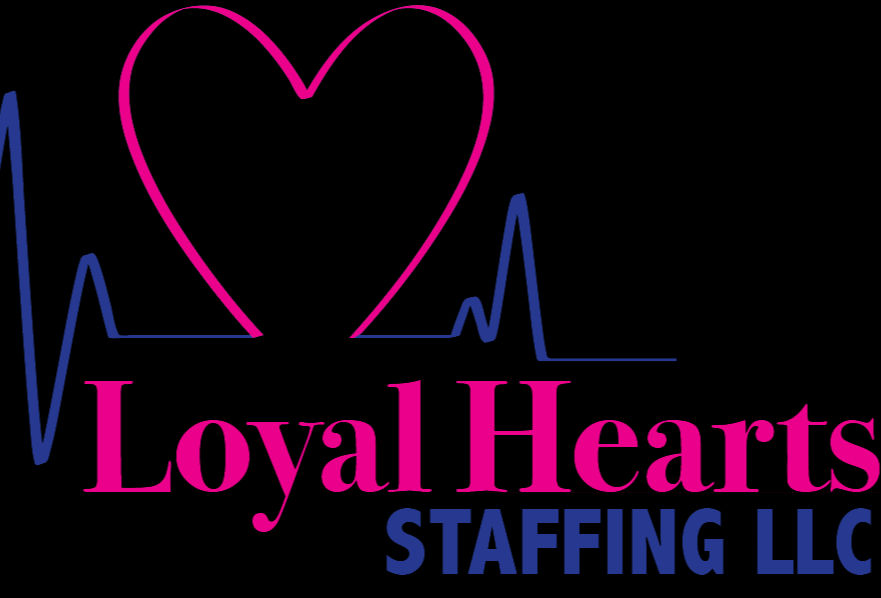General rules for handling medication
- April Swanson

- Dec 1, 2022
- 2 min read
To facilitate the safe and effective use of prescribed and over-the-counter medications.
Objectives:
– To provide the prescribed medication to the patient in safe conditions. – To reduce the risk of anaphylactic reactions. – Minimize the possible side effects of the medication. – Teach the patient and family how to handle the prescribed medication.
Equipment:
Equipment necessary for the preparation and administration of medication according to the route of administration.
Material:
– Prescribed medication. – Medical treatment sheet with the prescription. – Material necessary to prepare and administer the medication according to the type of route to be used. – Nursing records.
Procedure:
– Perform hand washing. – Check prescribed drug, dosage, route, medication expiration date, patient’s name, possible allergies of the patient and drug stability. – Prepare the medication. – Preserve the patient’s privacy. – Check the data on the patient’s identification bracelet. – Inform the patient. – Request patient and family collaboration. – Check the patient’s ability to self-medicate. – Monitor the efficacy of the medication administration modality. – Observe for therapeutic effects and for signs and symptoms of medication toxicity. – Observe for adverse drug effects. – Observe for non-therapeutic drug interactions. – Review with the patient and family the types and doses of regular medication taken by the patient.
– Facilitate medication changes with the physician, if necessary. – Teach the patient and family the desired action and possible side effects of drugs. – Determine the impact of medication use on the patient’s lifestyle. – Assist the patient and family in making necessary lifestyle adjustments associated with certain medications, if appropriate. – Know if the patient is using culturally based home remedies and the possible effects their use may have on the medication.
Record:
medication administered, dosage, route, date and time, incidents and patient response.








Comments